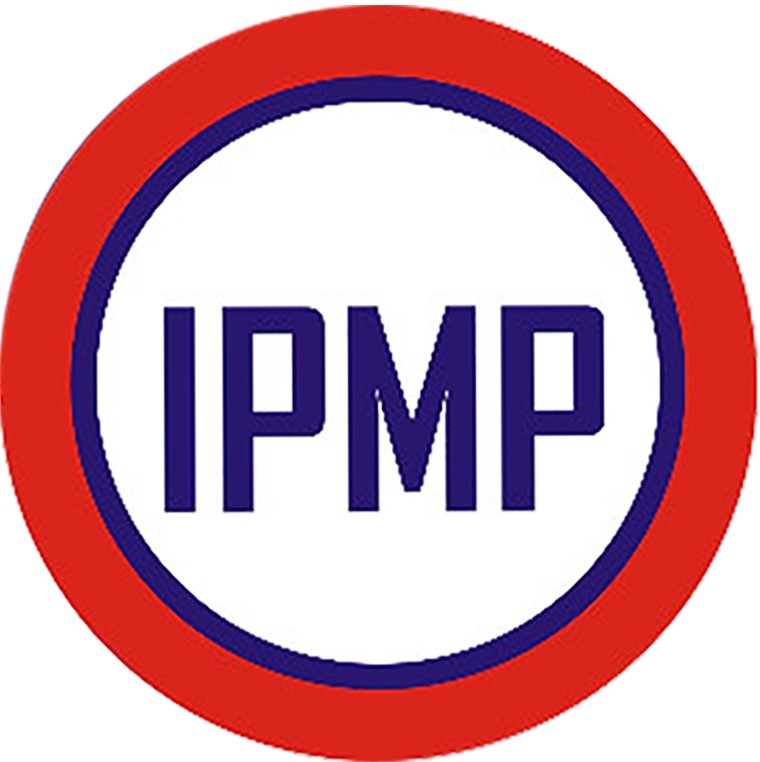“Woman in Project (WIP) is a global community created by women in Institute of Project Management Professionals to connect with one another in the hopes of being able to share not just what they do, but also who they are.” Science says that project management, leadership, and contemporary workplace all are a good fit for women. And although, there are still some obstacles to overcome, you might be surprised by some of the facts we found. For example, do you know what proportion of project managers are women? We do. Plus, we found out a lot more about the way the project management field is learning to embrace women. We put it all together in an infographic, so read on to find out!
Whether we want to believe it or not, men and women have always been viewed as two different sets of people. And of course, there are stereotypes that go with the sets. Women are supposed to like pink, and men blue. Women are supposed to take care of the children; men are supposed to bring home the bacon. Women are supposed to be emotional, men should never shed a tear.
The list goes on. Yet, if we look past the stereotypes, we see that – in a good way – the world is a lot messier than that. We have women who want to climb the corporate ladder. We have the stay-at-home dads. We have women in project management that want to change the fact that it’s still an area that’s dominated by men.
The employment world continues to evolve and is developing into a project-based economy. The percentage of project-related work in the total value added was already approximately 40 % in Germany for 2019. Forecasts predict the global demand for project managers to grow by 33 % before 2027. The key to gaining a competitive advantage in this brave new world of work is having highly efficient, motivated employees. This is a prerequisite for successful projects. Having qualified women in project management will therefore become increasingly important. They have already proven their worth, and are therefore no longer an optional nice-to-have but rather a valuable contributor to the company’s bottom line. There’s a good business case for including more women in project management.
It’s a well-known fact that diversity in project management also regarding gender balance produces better project results and serves to sustainably incorporate the project in the affected company or organization. Women can deploy their strengths in projects by, for example, bringing people together and driving the collaboration needed to produce a shared achievement. They are skilled at finding fast, practical solutions to complex problems and can communicate well. The latter is a critical asset in project management.
WIP try to raise awareness of the scope of activities handled by women project managers and women in project management. The scope of activities and valuable contributions made by women, in particular, should be clearly communicated. In addition to the efforts by the PMI Institute, IPMA, and GPM to answer these questions, we also recommend the annual “Celebrating Women in Project Management” initiative launched by the Australian author Elise Stevens, who serves as a valuable role model. Stevens presents successful women in project management 150 days a year on her social media channels. In this book, Sarah Ipek Ozguler interviews 29 women project managers around the world to illustrate their successful career paths. Those aspiring to be project managers can benefit as well from using personal branding to promote themselves and their profession.
Creating and promoting networking opportunities: Women in Project (WIP) want to, and must, network and share ideas with other members of their profession in order to learn from each other and help each other. In Germany, this networking and support opportunity for women project managers has been provided chiefly by GPM and its female PM experts. Companies can, and are encouraged to, provide similar forums for sharing ideas and internal networking within their own organization as well.
In addition to networking, women project managers can also develop a mentoring program (that can also be non-gender-specific). Mentoring involves much more than just networking; it offers new opportunities to learn from one another and grow professionally. There are now several mentoring programs in Germany, among which Mentorme is surely the largest and most successful community. Although there have been promising developments, much more still needs to be done. Hopefully, the hitherto barely tapped resource of womenomics will receive the recognition it deserves and be deployed to utilize this megatrend’s hidden potential to bring economic and societal development to full fruition.




Recent Comments